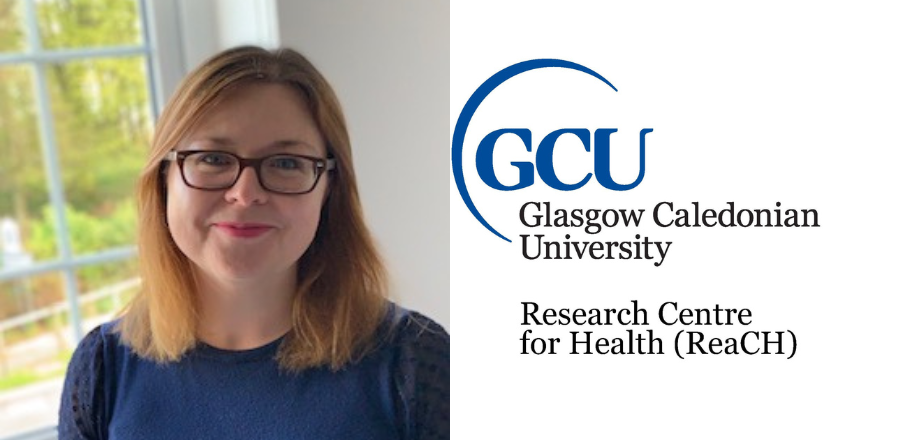New study will assess the use of telerehabilitation to support stroke survivors

New research to look at how people affected by stroke can benefit from telerehabilitation will involve a team of experts from England and Scotland, including Professor Lisa Kidd from Glasgow Caledonian University.
The new study is led by Dr Niki Chouliara from the School of Medicine at the University of Nottingham and is called TELSTAR (TELerehabilitation in STroke CARe).
The work is funded by the Stroke Association and aims to clarify whether, how and for who stroke telerehabilitation may be beneficial in community settings. The team will work with rehabilitation professionals, stroke survivors and family carers, Integrated Stroke Delivery Networks and NHS England to develop recommendations for practice that consider clinicians’ and stroke survivors’ needs and priorities.
Telerehabilitation is the remote provision of rehabilitation services including assessment, therapy and education using a range of technologies such as telephone and video conferencing, digital applications and virtual reality programmes.
Telerehabilitation complements face-to-face care and could help community stroke services provide more therapy to more people, regardless of where they live. Although telerehabilitation is increasingly being used in practice, there is a lack of recommendations to inform whether and how it should be offered to different groups of stroke survivors.
Stroke rehabilitation expert Professor Kidd, is a Professor of Nursing in the School of Health and Life Sciences and a key researcher in the Research Centre for Health (ReaCH) Living with Stroke and other long-term Neurological Conditions (SYNERGY) research group.
Talking about the new study, Professor Kidd said: “Greater use of telerehabilitation has been accelerated by the pandemic and may provide a way of addressing many of the challenges community rehabilitation teams face in providing consistent and high-quality rehabilitation that aligns with people’s priorities.
“This work will greatly enhance our understanding of how telerehabilitation interventions work, for whom they work best and under what circumstances, so that long-term care, rehabilitation and support can be more meaningfully tailored to people’s needs.”
Researchers will reach out to groups of people who may have been left out by previous research on this topic, including those from diverse ethnic and socioeconomic backgrounds.
Findings may help identify groups of people who may be disadvantaged in relation to accessing and benefiting from telerehabilitation and alert researchers, clinicians, and service providers.
Dr Chouliara said: “We will look at the evidence and work with clinicians and people affected by stroke to understand who may benefit from telerehabilitation and who it should not be the preferred mode of delivery. We need recommendations to ensure telerehabilitation is delivered in line with existing evidence and that the needs and preferences of people with stroke are considered and respected.”
Professor Adam Gordon, NIHR Senior Investigator, President of the British Geriatrics Society, and Professor of the Care of Older People in the School of Medicine at the University, said: “This is an exciting study and an important step towards developing recommendations to support the provision of high quality and equitable community stroke rehabilitation services.”
A key output from this work will be the development of a network of people with a specialist interest in stroke telerehabilitation and rehabilitation technologies, who will work together to promote research advances and inform improvements in clinical practice.
Sarah Adderley, Associate Director for the Midlands at the Stroke Association, said: “We are delighted to be funding this research, which will provide insights into the effectiveness of telerehabilitation for stroke recovery. We are pleased that this grant will help Dr Chouliara work with communities that are typically underrepresented in research, so that support for stroke survivors can be improved.
“Our support is informed by studies like Dr Chouliara’s. This project will give us valuable insight that will help us to support more people to rebuild their lives in better ways, improving stroke recoveries across the UK.”
